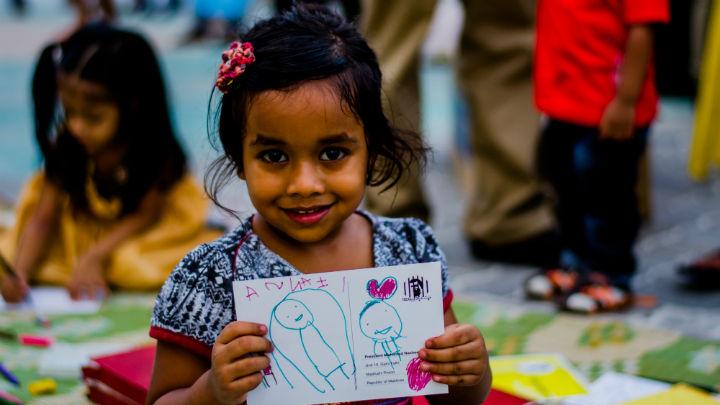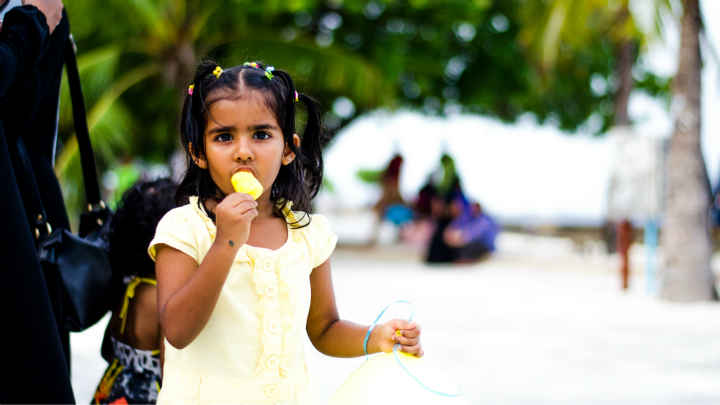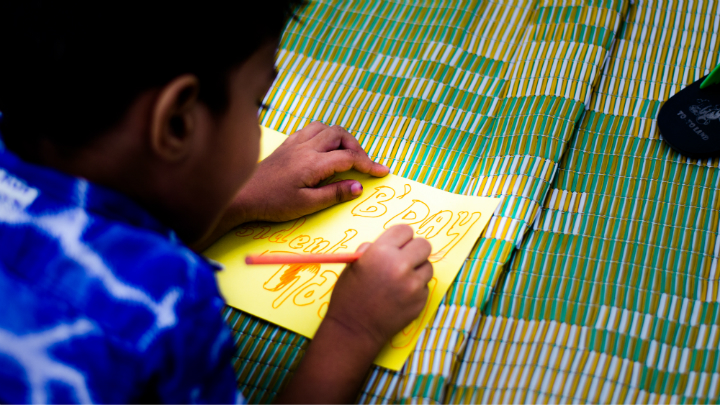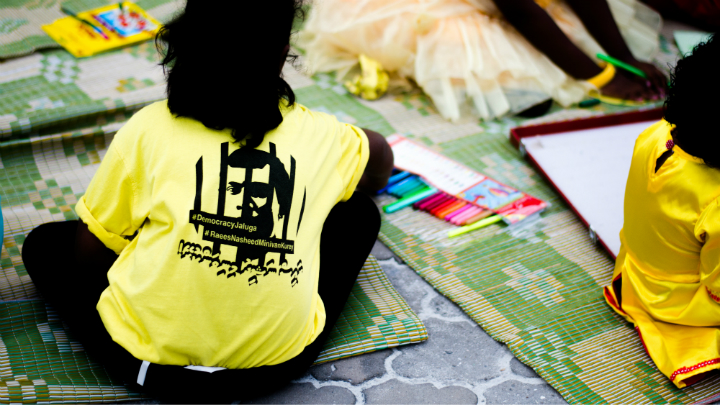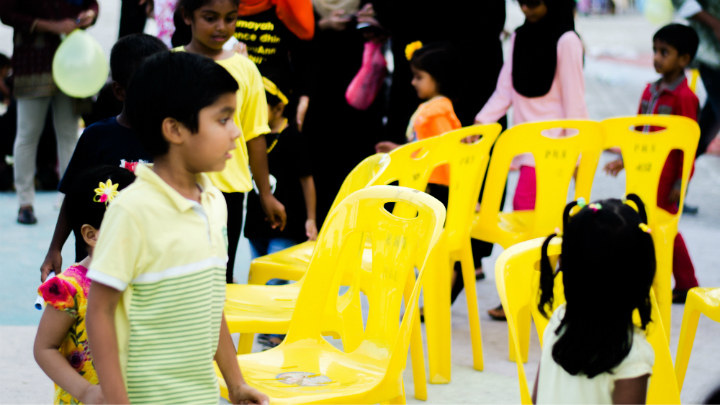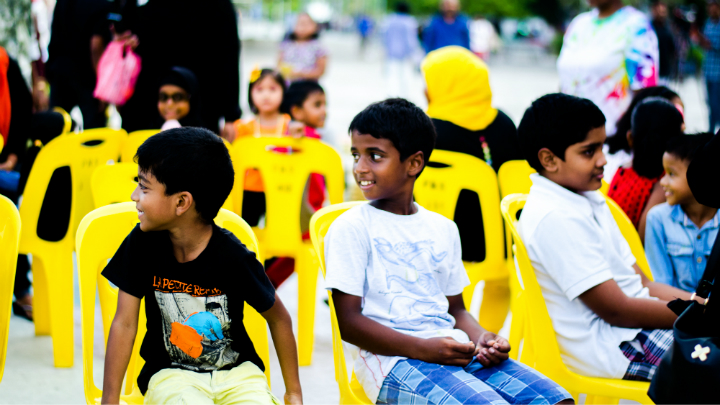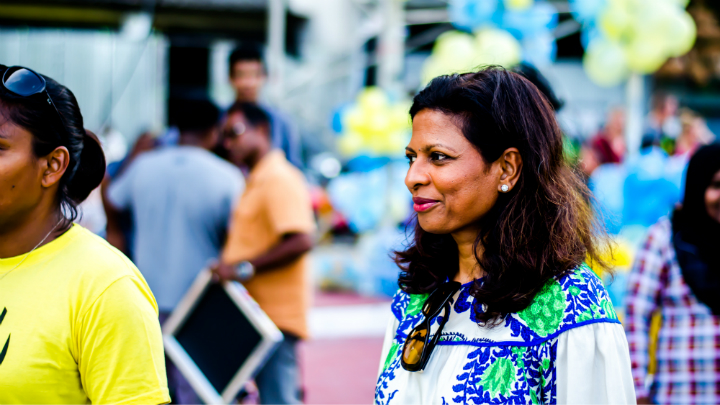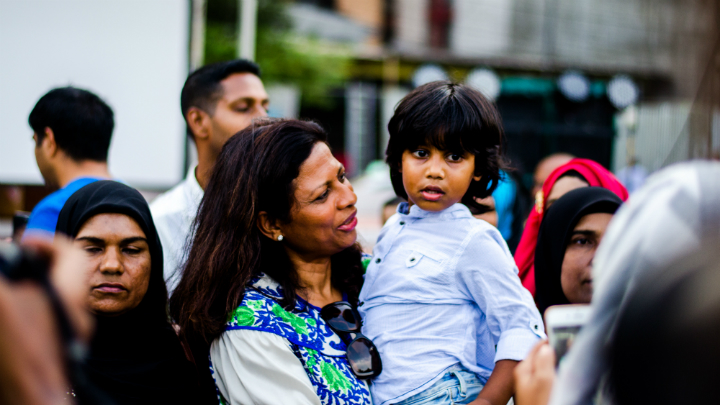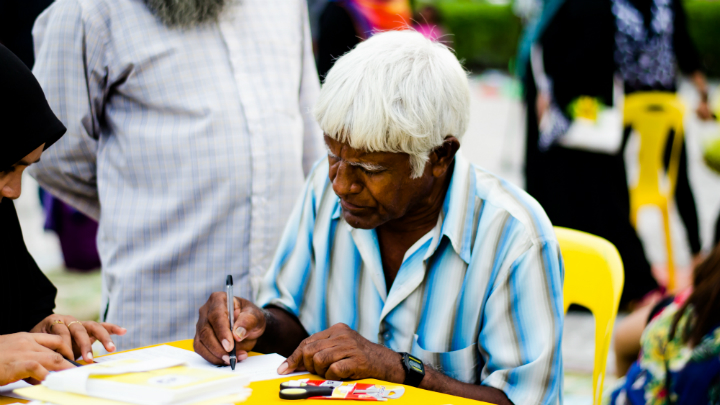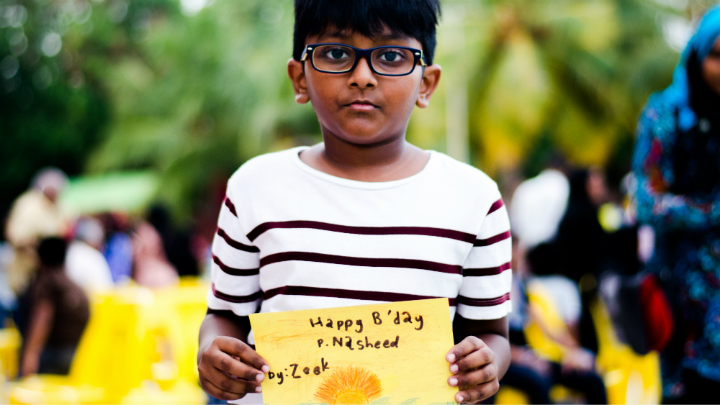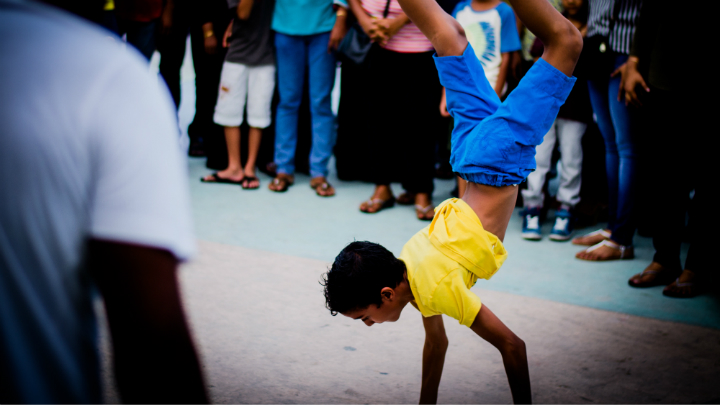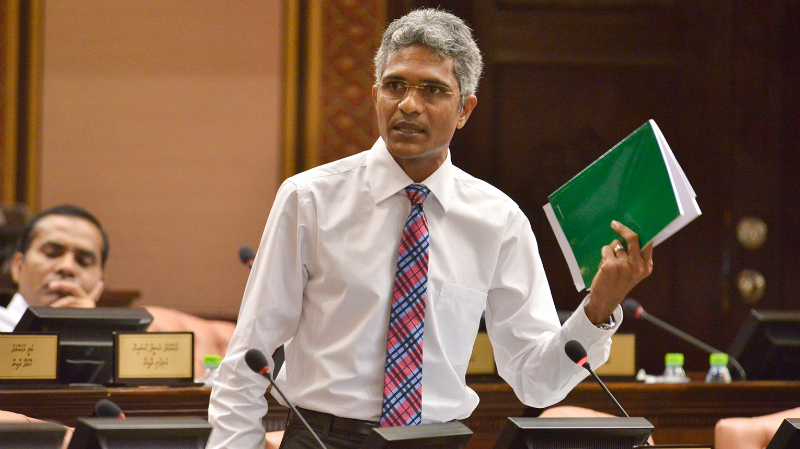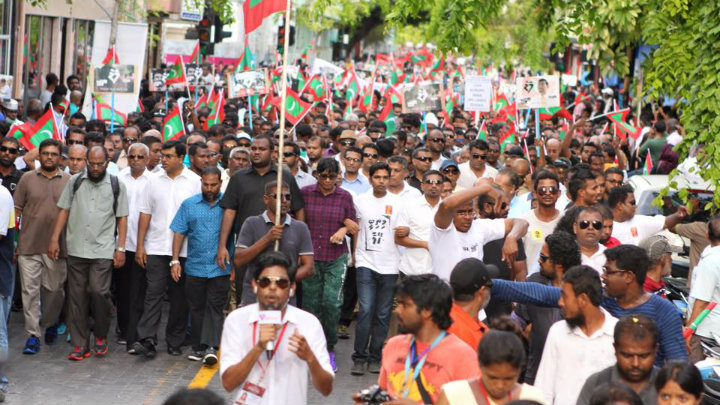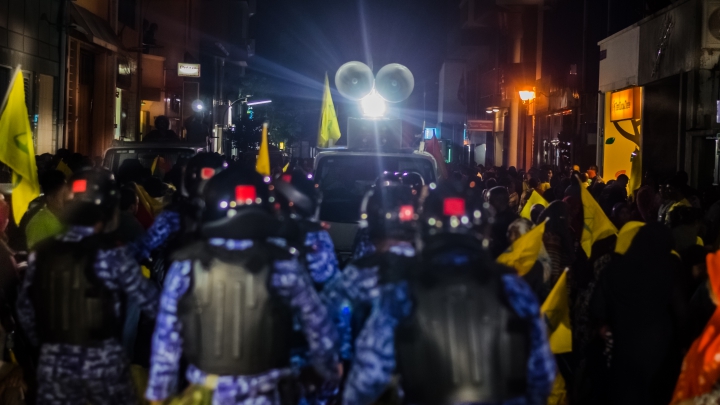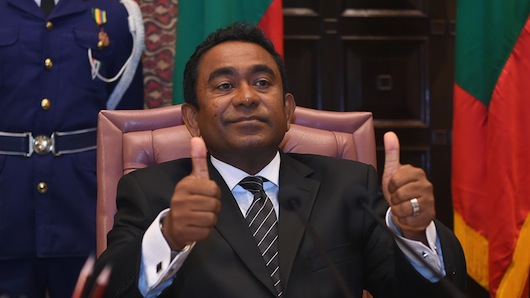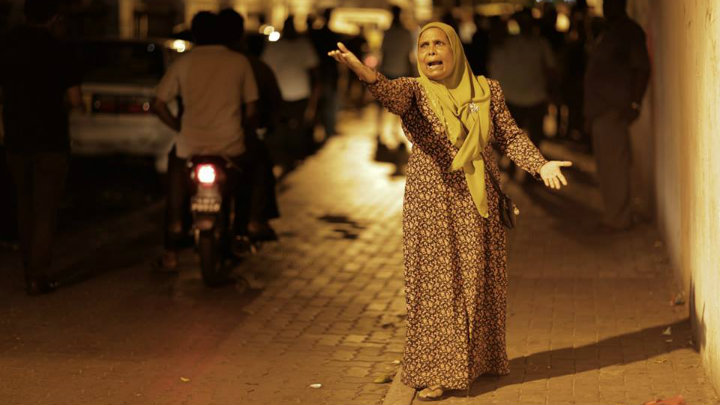The criminal court has held former controller of immigration Ilyas Hussein Ibrahim’s passport for a third consecutive year over stalled corruption charges, preventing him from visiting his family in New Zealand or sending them money through banks.
Ilyas, who served as the controller from 2008 – 2012, is accused of abusing authority for undue financial gain in a US$39 million border control system project. The charge carries a penalty of imprisonment, banishment or house arrest not exceeding three years.
“But my liberties have been constrained for a period nearly as long as a guilty verdict. I’ve been deprived of seeing my family, of spending on them. I cannot send them any money,” Ilyas told Minivan News.
Ilyas’s wife and two daughters have been residing in New Zealand since 2011.
At the case’s last hearing in 2012, chief judge Abdulla Mohamed said a verdict would be delivered at the next hearing, but three years later, Ilyas was told a new judge was now in charge of the case.
Judge Abdul Bari Yoosuf met with Ilyas and told him Judge Abdulla had failed to keep any record of case proceedings.
The case is symptomatic of the severe delays in completion of trials in the Maldives’ criminal justice system. In February this year, an Indian woman, arrested over the death of her child was released after four and a half years in pre-trial detention.
“I appeal to human rights organisations, both local and international, to empathise with my plight and help me gain my freedom,” Ilyas said.
He says he was threatened with death by anonymous sources when charges were first filed in 2012: “I cannot bring my family back here. If I do, I fear they too may be targeted.”
The criminal court was not responding at the time of going to press.
The prosecutor general’s office says it has no influence in expediting cases once charges are filed at the criminal court.
“We can only order the police to speed up investigations and file charges at the court promptly,” public prosecutor Ahmed Hisham Wajeeh said. “In a majority of criminal cases, liberties and freedoms are held. We would like to see cases reach completion as soon as possible. But there are delays with the criminal court, they do have a lot of challenges.”
Human rights NGO Maldivan Democracy Network said Ilyas’ case was an example of lack of justice in the Maldives. Serious corruption charges must be swiftly investigated and prosecuted, the organisation’s executive director Shahindha Ismail said, adding: ‘The court’s incompetence is no reason for the accused to suffer.”
Ilyas’ charges relate to the 2010 agreement signed between the Maldives and Malaysia-based Nexbiz Pvt Ltd for a border control system.
Under the agreement, the government has to pay Nexbiz US$2 for every foreigner processed through the system and US$15 for each work permit over the project’s 20-year life span.
The Anti-Corruption Commission ordered a halt to the project, claiming it would cost the Maldives US$162 million in potential lost revenue over the lifetime of the contract.
The ACC filed for an injunction and the Supreme Court in 2013 ruled the watchdog has no authority to suspend contracts. But by then, the parliament had voted to terminate the contract and replace it with the Personal Identification Secure Comparison and Evaluation System (PISCES) provided by the US government.
Ilyas was appointed as the state minister for defence months after his brother Dr Mohamed Waheed Hassan assumed the presidency in 2012.
“My wish is to be free of the torture this brutal government is inflicting on me. To be able to live a dignified life with my wife and children,” Ilyas said.

